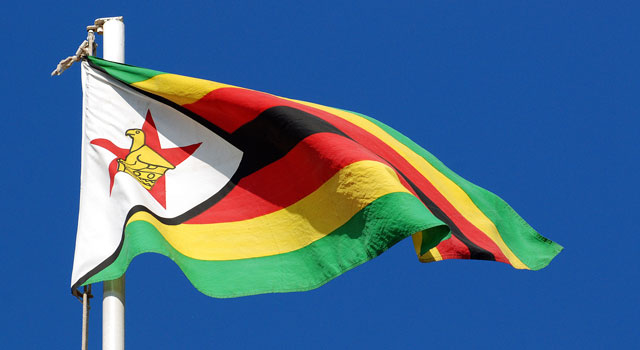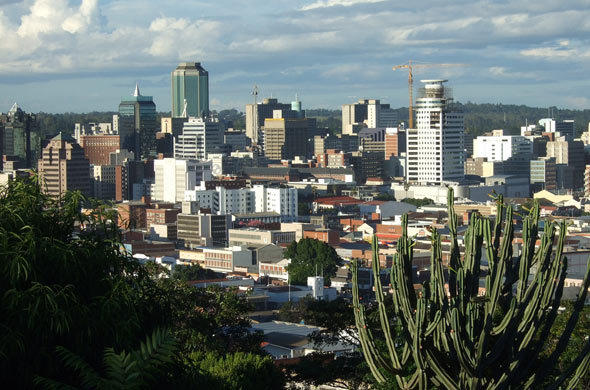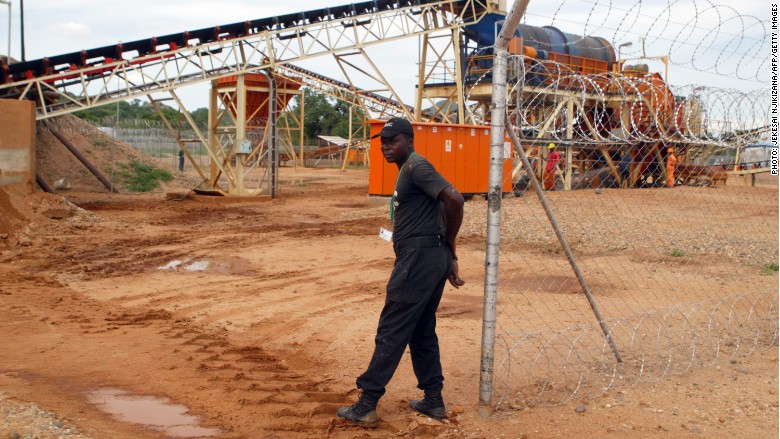Dairibord Holdings Limited, one of Zimbabwe's largest publicly listed milk processors, has sounded the alarm over a tough operating environment that has driven up costs, squeezed margins, and weighed down profitability despite an uptick in sales volumes.
Chief executive officer Mercy Ndoro said the company's performance was being undermined by a combination of macroeconomic headwinds, including mounting tax obligations, limited access to foreign currency, and stiff competition from cheap imports.
"The operating environment was characterised by tight liquidity, limited access to long-term financing for capital expenditure, high borrowing costs, high cost of doing business, escalating compliance expenses, and increased competition," Ndoro said. "While margins remained under pressure, there was a marginal improvement in profit margin to 3%."
Recent policy changes have compounded the strain. The introduction of a sugar tax has increased costs for manufacturers of flavoured milk and dairy beverages, while the reclassification of milk from zero-rated to VAT-exempt has raised tax liabilities and restricted input tax recovery, placing further stress on cash flow and operational efficiency.
"These developments have led to considerable cost pressures and notable liquidity challenges for the business," Ndoro noted.
Despite the challenges, Dairibord recorded an 18% increase in total sales volumes year-on-year, with growth across all major categories. Beverages grew 28%, driven by strong demand for Pfuko, Cascade, and Natural Joy. Foods rose 18%, fuelled by Yummy yoghurt and Rabroy tomato sauce, while liquid milk posted a modest 1% increase and Lacto surged 23%. However, UHT and Steri Milk lines slipped by 7% and 9%, respectively.
Exports made up 8% of total sales, down slightly from 9% last year, as the company focused on serving domestic demand. On the financial front, revenue grew 18%, helped by the higher volumes and relative currency stability following the liberalisation of the exchange rate through Statutory Instrument 34 of 2025.
Nationally, Zimbabwe's raw milk production reached 57.2 million litres during the period, up 3.9% year-on-year, according to the Ministry of Lands, Agriculture, Fisheries, Water and Rural Development. Dairibord's own raw milk intake rose 4.1% to 20.8 million litres, cementing its market leadership with a 36.3% share.
Ndoro attributed this growth to the success of the company's Milk Supply Development Unit, which continues to strengthen sourcing capacity.
Looking ahead, Dairibord remains cautiously optimistic. The company is banking on volume growth, capacity expansion, and product innovation to drive recovery. Its 2025 capital expenditure programme is on track, with new equipment expected to be commissioned in the fourth quarter.
In addition, the company is rolling out a new Enterprise Resource Planning (ERP) system to streamline operations, improve efficiency, and position the business for future adoption of artificial intelligence.
To navigate Zimbabwe's volatile economic climate, Dairibord has adopted a strategy centred on cost optimisation, working capital discipline, export growth, and leveraging its strong brand equity.
- Business Times
 Zimbabwe's budget falls short of Abuja health target funding
Zimbabwe's budget falls short of Abuja health target funding  South Africa's debt-to-GDP ratio worsens under Ramaphosa
South Africa's debt-to-GDP ratio worsens under Ramaphosa  UK's Boris Johnson quits over Brexit stretegy
UK's Boris Johnson quits over Brexit stretegy  First Mutual to list Zimbabwe's first gold ETF
First Mutual to list Zimbabwe's first gold ETF  Zimbabwe on track for 6% growth
Zimbabwe on track for 6% growth  Econet defends fair usage policy amid backlash
Econet defends fair usage policy amid backlash  Young Investment Professional (YIP) Graduate Programme 2019
Young Investment Professional (YIP) Graduate Programme 2019 











 Young Investment Professional (YIP) Graduate Programme 2019
Young Investment Professional (YIP) Graduate Programme 2019
Editor's Pick